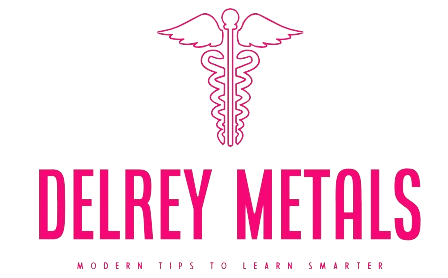In the ever-evolving landscape of manufacturing, staying competitive requires continuous improvement and optimization of production processes. One strategic approach that has proven invaluable for many businesses is enlisting the expertise of a manufacturing consultant. These professionals bring a wealth of experience and knowledge, helping companies navigate challenges and unlock the full potential of their production lines.
1. Process Optimization:
A manufacturing consultant begins by conducting a thorough analysis of the existing production processes. They scrutinize every step, from raw material acquisition to final product delivery. Through this comprehensive examination, consultants identify bottlenecks, inefficiencies, and areas for improvement. By optimizing workflows and streamlining operations, they enhance overall productivity and reduce manufacturing costs.
2. Technology Integration:
Manufacturing is advancing at a rapid pace, with new technologies emerging regularly. A consultant is well-versed in the latest industry trends and can recommend innovative technologies to enhance your production line. Whether it’s implementing automation, robotics, or data analytics, these technological integrations can significantly boost efficiency and output quality.
3. Quality Management:
Ensuring product quality is paramount in manufacturing. A consultant assists in implementing robust quality management systems to maintain and improve the standard of products. This includes setting up quality control checkpoints, implementing testing protocols, and establishing continuous improvement processes to rectify issues promptly.
4. Cost Reduction Strategies:
Cost management is a critical aspect of manufacturing success. A manufacturing consultant helps identify areas where costs can be reduced without compromising quality. This may involve renegotiating supplier contracts, optimizing inventory management, or finding more cost-effective production methods.
5. Employee Training and Engagement:
A skilled workforce is essential for a well-functioning production line. Consultants provide training programs to enhance the skills of your employees, ensuring they are adept at handling new technologies and processes. Moreover, by fostering a culture of continuous improvement and employee engagement, consultants contribute to a motivated and efficient workforce.
6. Supply Chain Optimization:
Many manufacturing challenges stem from issues within the supply chain. A consultant evaluates your supply chain from end to end, identifying potential risks and opportunities for improvement. This could involve diversifying suppliers, implementing just-in-time inventory systems, or adopting sustainable sourcing practices.
Conclusion:
A manufacturing consultant is a catalyst for positive transformation within your production line. Through their expertise in process optimization, technology integration, quality management, cost reduction, employee training, and supply chain optimization, these professionals empower your business to adapt to industry changes, increase efficiency, and stay ahead of the competition. Investing in a manufacturing consultant can be the key to unlocking the full potential of your production capabilities and securing long-term success.







